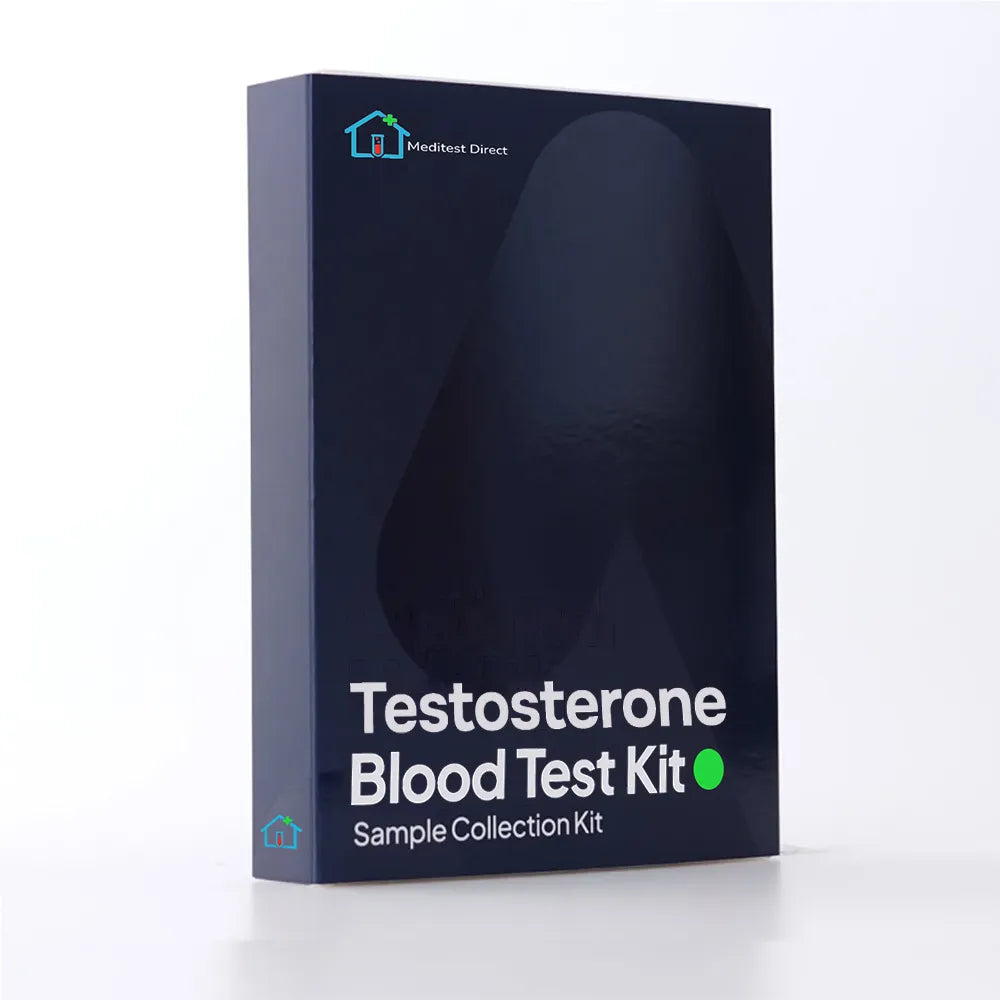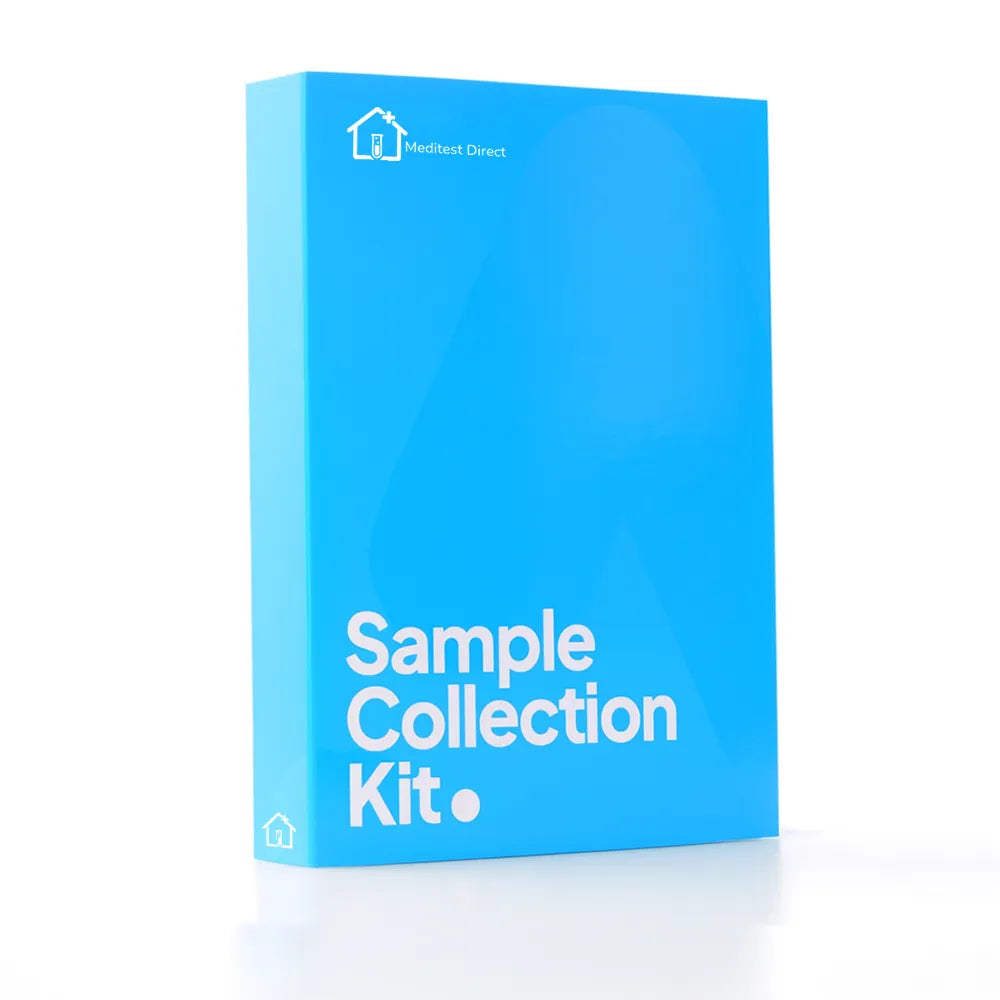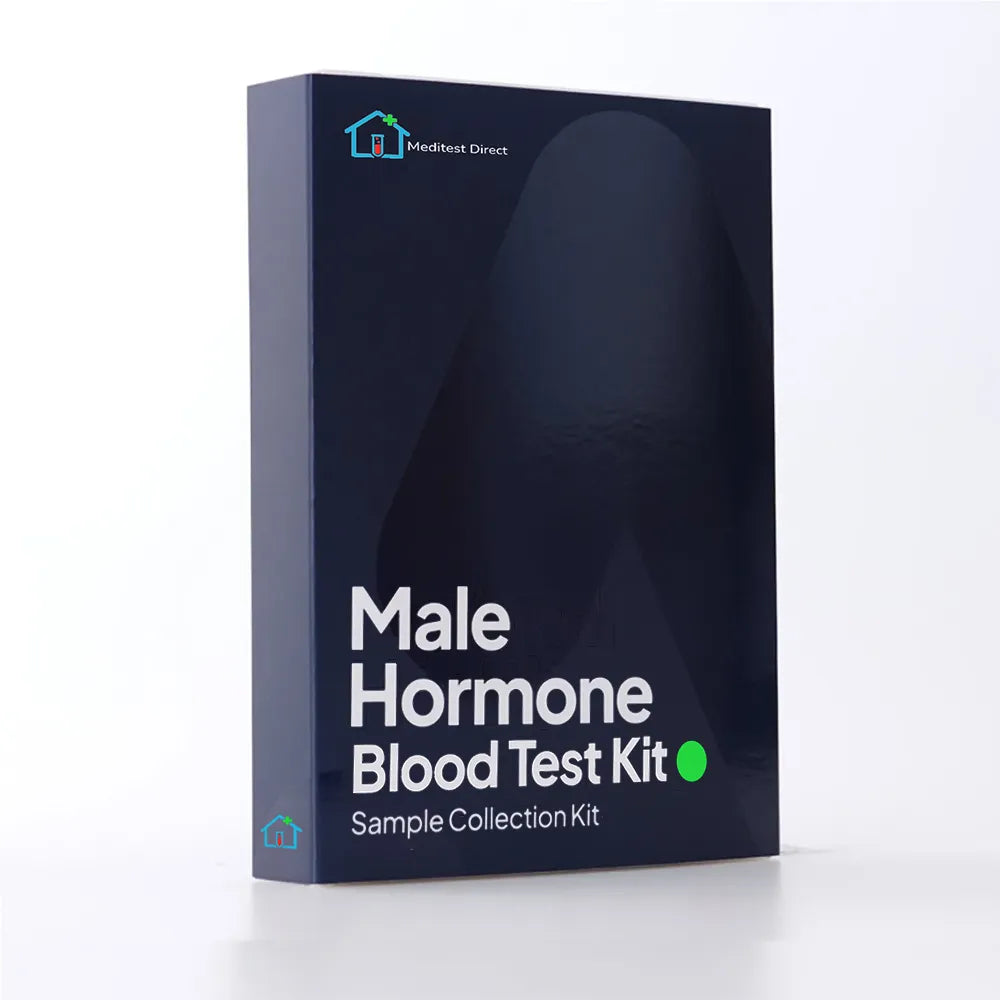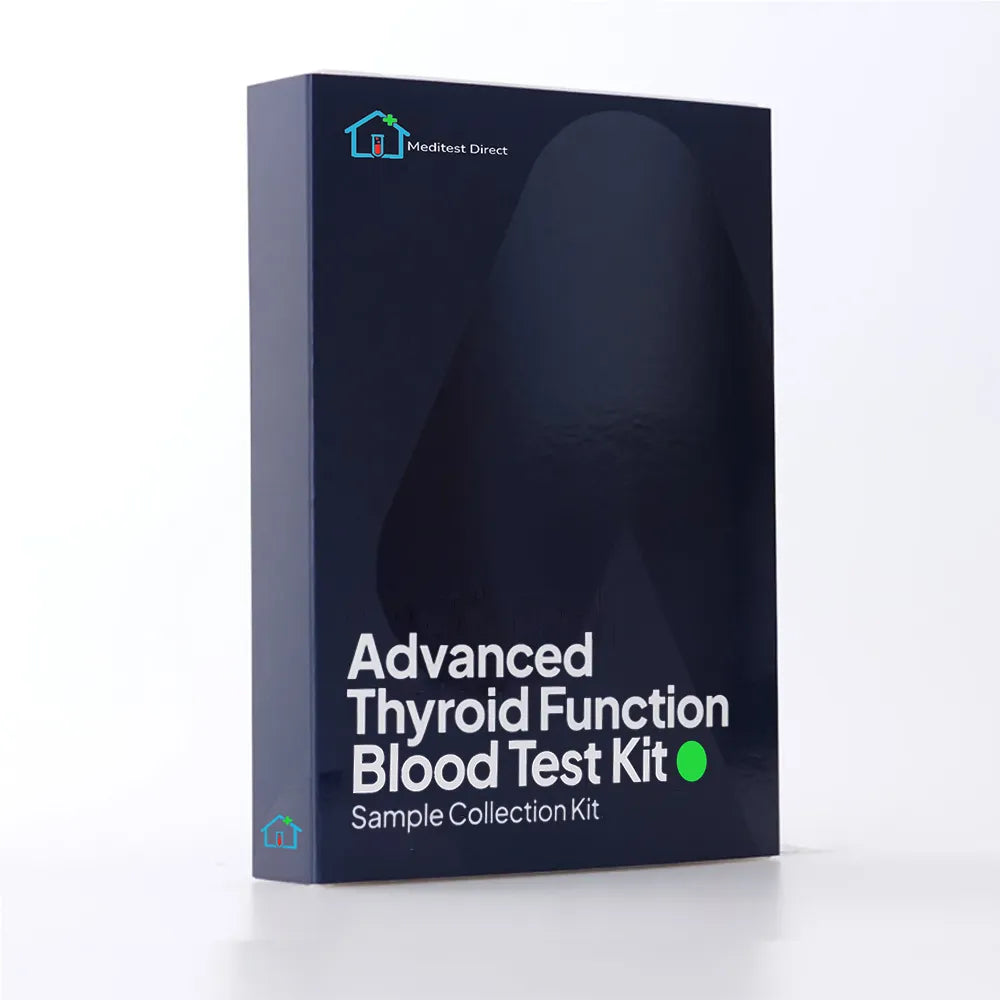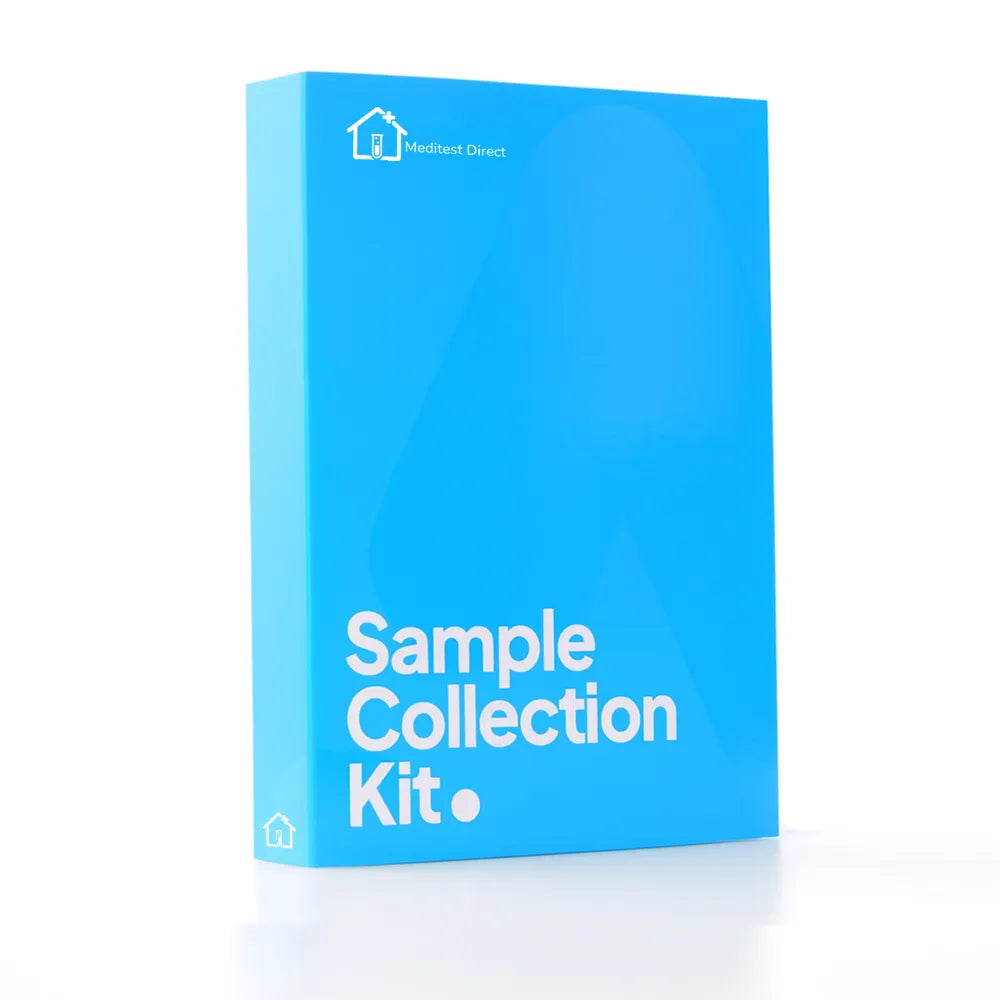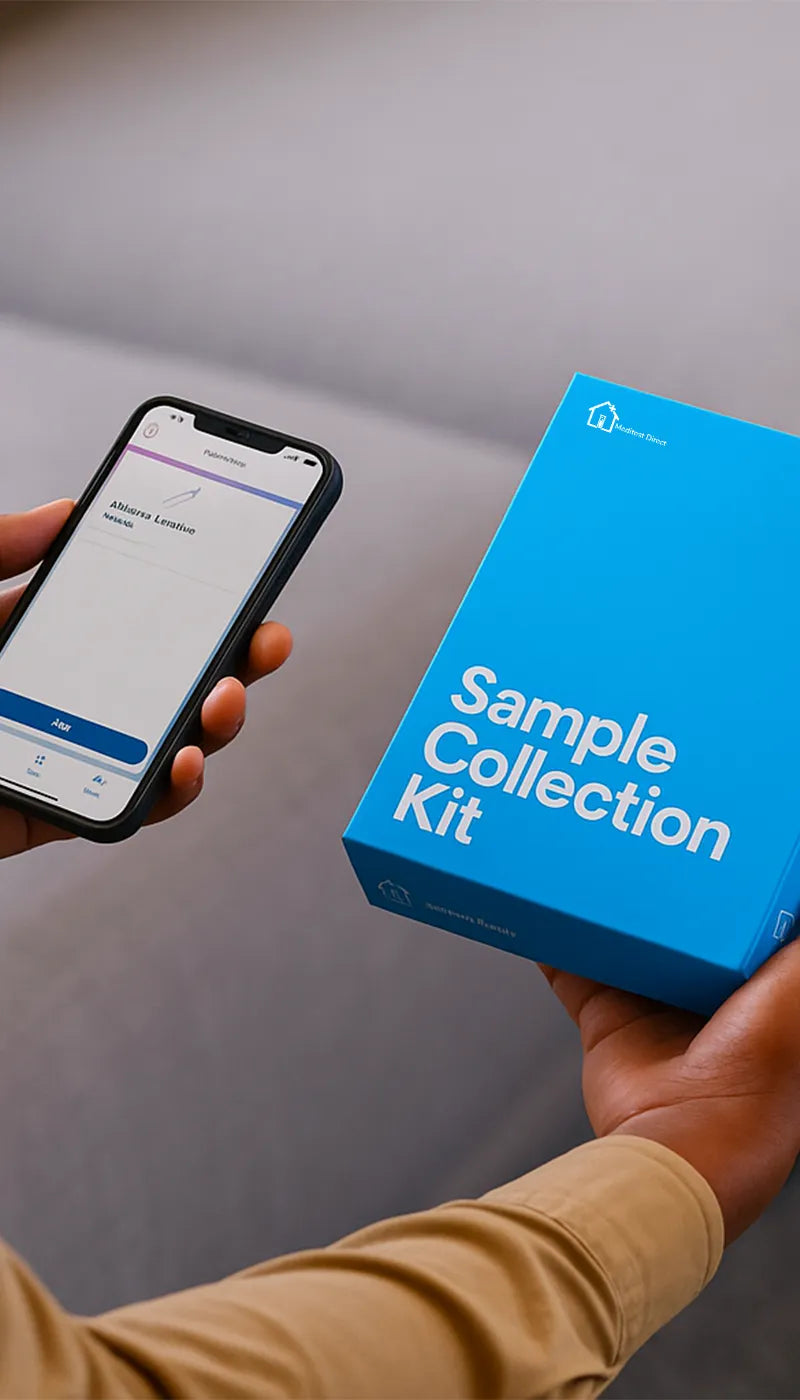This product is a home finger-prick blood test kit that gives you insight into your metabolic health. It measures long-term blood sugar control (HbA1c) and a full cholesterol profile, helping you understand risk factors for diabetes and heart disease. Ideal for individuals who want to proactively monitor their health or prepare for guidance from healthcare professionals.
Why choose this product
-
Helps you monitor both cholesterol and blood sugar in one simple test
-
Ideal if you want to check your risk of metabolic issues like diabetes or cardiovascular health
-
Convenient home sampling, lab-analysed by certified professionals for reliable results
Important information
-
This product is for informational purposes only and is not intended to diagnose, treat, or prevent any medical conditions
-
Results should be reviewed with a qualified healthcare professional
-
All samples are analysed by UKAS-accredited laboratories
